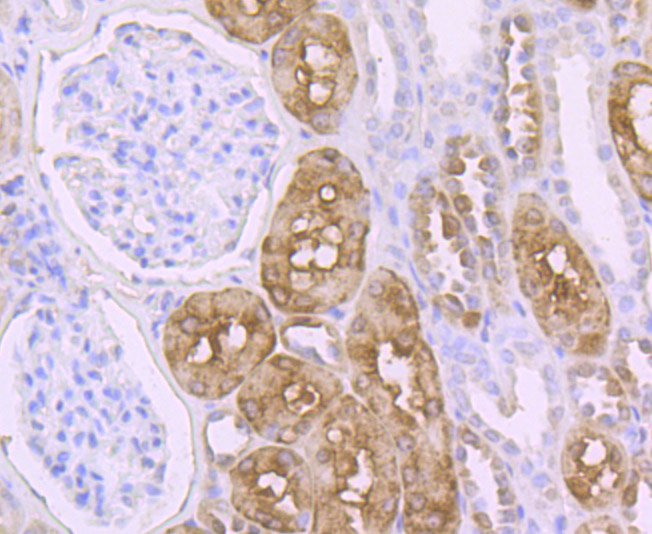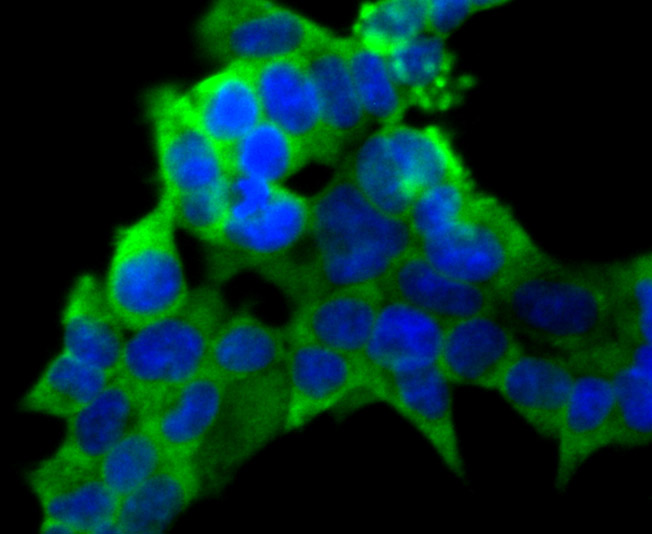Normal adjustment to changes in blood glucose levels depends on insulin signaling as well as enzymes involved in the regulation of gluconeogenesis. Pathological changes to this process are central to the type 2 diabetes phenotype. Phosphoenolpyruvate carboxykinase (PEPCK) plays an important role in this process by stimulating hepatic glucose production. PEPCK expression increases in response to glucagon and glucocorticoids, while insulin suppresses expression. Modulation of the signals governing PEPCK levels present a potential therapeutic approach to the treatment of insulin resistance and consequently obesity. The cytosolic form of PEPCK, known as PEPCK-C, and the mitochondrial form, known as PEPCK-M, are encoded by two different nuclear genes in mouse, human and chicken.





